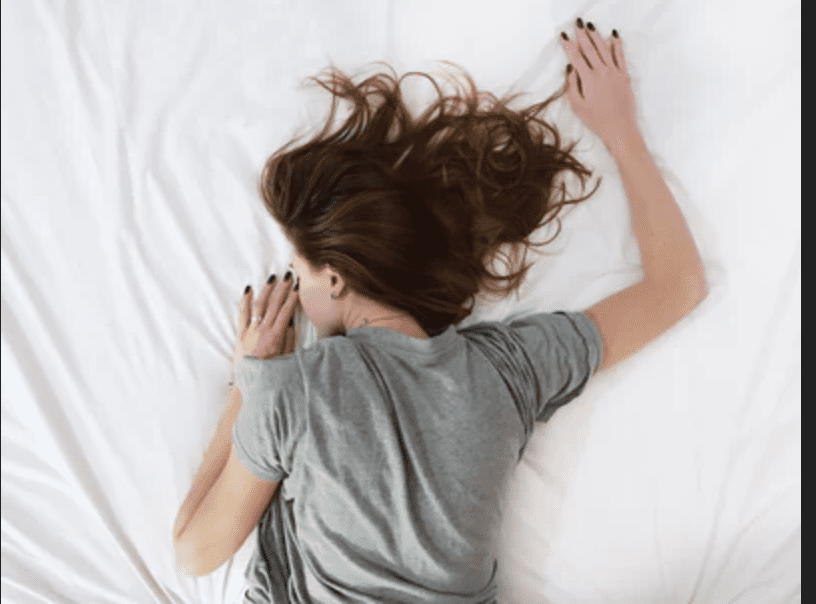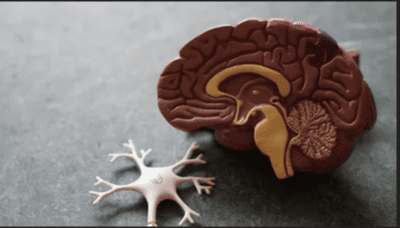Brain injuries are the worst, not just because of their complications but also because they are tough to detect. Additionally, they carry both short and long-term effects, some of which may not be noticeable even after treatment. Whether it’s a traumatic brain injury case or just a mild incident, you must take all the necessary actions for treatment and recovery. After a brain injury, you’ll have to deal with the proper treatment, medication, and recovery process to ensure you return to a normal state. Although the road to recovery can be long and challenging, you’ll be able to get through the process smoothly by getting proper assistance. Here’s a quick guide on how to properly deal with a brain injury and recover faster.
Symptoms Of Brain Injury
Brain injuries result from a violent blow or jolt to the head that causes damage to the neural tissue and brain cells. It can also be as a result of whiplash from a car accident. A traumatic brain injury can have mild or severe symptoms, where mild symptoms are temporary, severe symptoms may cause long-term problems, and carry a higher risk of death. Symptoms for brain damage may include mild to severe headaches, dizziness, speech impairment, loss of balance, inability to concentrate, sleepiness, seizures, vomiting, and sensitivity to sound and light.
Treatment
After the injury diagnosis, the treatment will mainly depend on the severity of the injury incurred. A mild brain injury requires no special treatment except rest and a few OTC medications. However, continued medical consultation is recommended for a while after the accident in case of undetected symptoms. Whereas severe traumatic injuries require immediate medical attention for both short and long-term treatment. If you live in Texas, an expert brain injury lawyer in Corpus Christi suggests that you document each step of the treatment and recovery process. This will help ensure that you have enough evidence to support your insurance claims and get financial support for your treatment and rehabilitation process. Severe brain damage will require intensive care in a hospital for a few days before the patient’s condition stabilizes.
Recovery
Most people who’ve suffered a traumatic brain injury require some form of rehabilitation process before they can go back to their daily routine. Severe cases may require assistance with learning how to perform even the most basic tasks, and therefore the recovery process shouldn’t be neglected. Here are some tips to help you get through the recovery process a little faster.
1. Minimize Screen Time
Bright lights from the screens of your electronic devices can worsen your brain injury symptoms. So, during your recovery process, try to minimize your screen time, whether it’s your laptop, phone, television, or any other screen. Moreover, excessive screen time can make your headaches worse and hinder your sleep, so ensure you don’t use your phone for at least two hours before you head to sleep.
2. Avoid Bright Lights And Loud Noises
After a brain injury, you’ll notice that you’re sensitive to loud sounds and bright lights. To ensure this doesn’t get worse, you need to avoid huge crowds or going out in broad daylight right after treatment. Give your body time to heal before you expose yourself to loud noises and fluorescent lights again.
3. Avoid Moving Your Head And Neck
Make sure you avoid excessive physical activities for a few days after your treatment. Try not to move your neck and head around too often, as this could’ve been the reason for your concussion in the first place. You’ll also want to avoid rapid whiplash from too much neck movement, especially since these areas become sensitive after the accident.
4. Get Sufficient Rest
Getting sufficient rest is an essential part of the recovery process. While this seems like obvious advice, many people neglect to rest before getting back to their tough routine. This not only undermines your treatment and recovery process but will also exert unnecessary strain on your healing body. Moreover, you’ll also want to give your brain a break from stress, and the best way to do that is to enjoy some peace and quiet at home until you feel better.

Brain injuries are pretty complex, and it can be challenging for anyone to deal with them and return to their old self. However, proper treatment and rehabilitation processes can make recovery a lot easier. Simply follow your doctor’s instructions and be aware of any unusual symptoms that may necessitate medical care. Make sure you resist the urge to jump back into your routine before you feel perfectly well.
